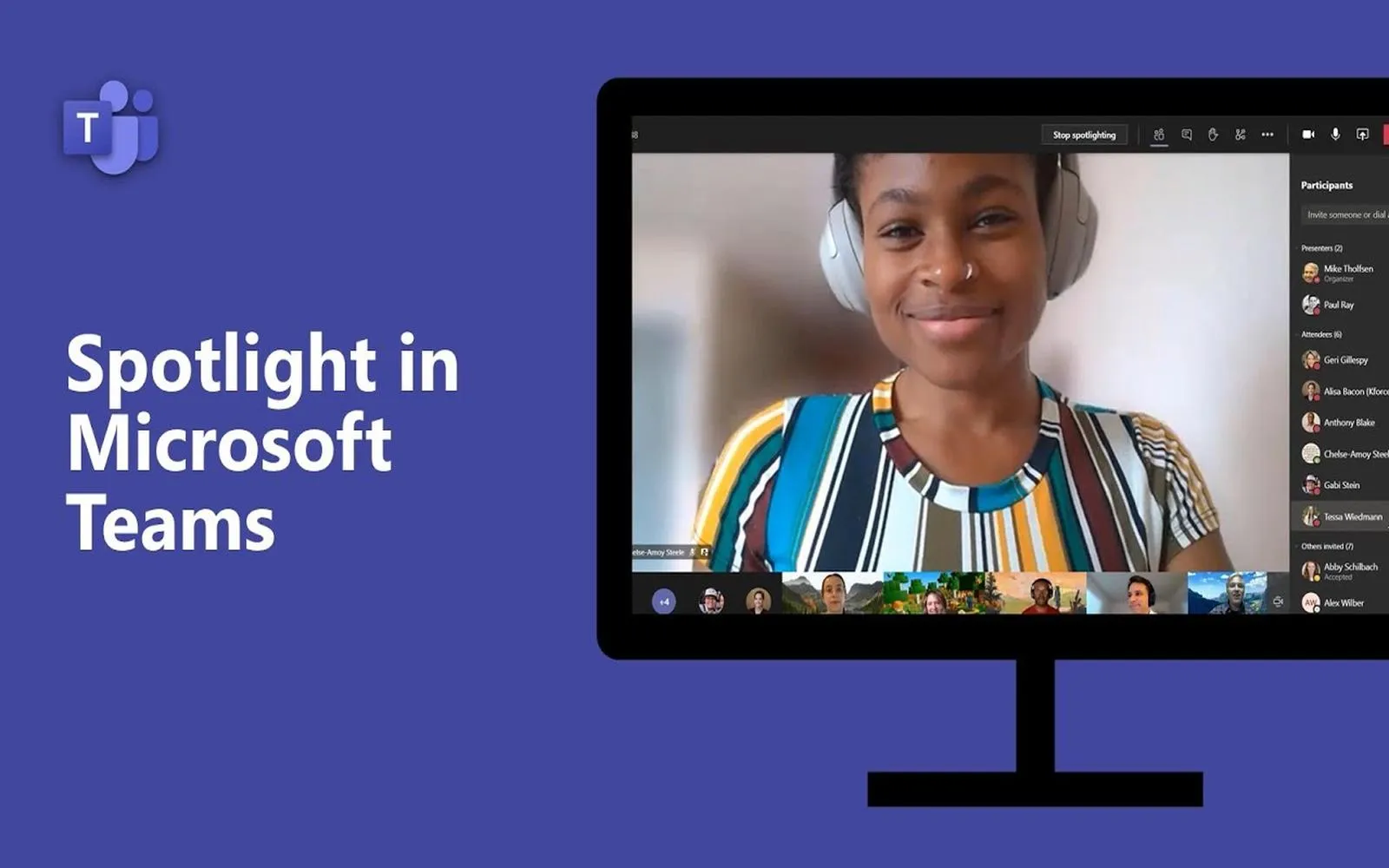Understanding Microsoft Teams Events
Microsoft Teams Events provides a seamless platform for organizing and managing virtual events. With its user-friendly interface, event organizers can create, promote, and host events efficiently. This tool is particularly beneficial for businesses looking to connect with clients, stakeholders, and employees. Whether it’s a webinar, a conference, or a team meeting, Microsoft Teams Events offers features that enhance engagement and interaction.
Key Features of Microsoft Teams Events
One of the standout features of Microsoft Teams Events is its ability to support large audiences. Here’s a breakdown of its essential characteristics:
| Feature | Description |
|---|---|
| Large Audience Support | Host events for up to 10,000 attendees, making it ideal for webinars and large conferences. |
| Custom Branding | Personalize your events with custom logos and themes to enhance brand recognition. |
| Real-Time Engagement Tools | Utilize polls, Q&A sessions, and chat features to engage your audience actively. |
| Recording and Analytics | Record sessions for later viewing and access analytics to gauge attendee engagement. |
| Integration with Other Microsoft Tools | Easily integrate with Outlook, OneDrive, and other Microsoft applications for a cohesive experience. |
Benefits of Using Microsoft Teams Events
Adopting Microsoft Teams Events can significantly enhance your virtual event strategy. Here are some of the benefits:
- Increased Reach: With the capacity to host thousands of attendees, you can expand your audience beyond geographical limitations.
- Cost-Effectiveness: Eliminate travel and facility costs associated with traditional events, making it a budget-friendly option.
- Enhanced Interactivity: Foster a more engaging experience with interactive features that allow attendees to participate actively.
- Comprehensive Analytics: Analyze attendee data post-event to refine future strategies and improve engagement metrics.
How to Get Started with Microsoft Teams Events
Getting started with Microsoft Teams Events is straightforward. Follow these simple steps:
- Create an Event: Navigate to the Teams app, select the calendar, and click on “New Meeting.” Choose “Live Event” to access event options.
- Set Up Event Details: Fill in all necessary details, including the event title, date, time, and description. Customize settings such as audience permissions and registration options.
- Invite Speakers: Add presenters and co-organizers, ensuring they have the necessary access to participate in the event.
- Promote Your Event: Use social media, email campaigns, and other marketing strategies to promote your event and ensure attendance.
- Host the Event: On the day of the event, ensure all speakers are prepared, and engage your audience effectively using the interactive tools available.
Engagement Strategies for Microsoft Teams Events
To maximize the effectiveness of your events, consider the following engagement strategies:
- Pre-Event Surveys: Gather insights from potential attendees to tailor your content to their interests.
- Live Polls and Q&A: Foster real-time interaction during the event to keep attendees engaged and create a dynamic atmosphere.
- Follow-Up Communications: Send thank-you emails post-event, including recordings and additional resources to maintain engagement.
Challenges and Solutions
While Microsoft Teams Events is a powerful tool, some challenges may arise. Here are common issues and their solutions:
| Challenge | Solution |
|---|---|
| Technical Difficulties | Conduct a rehearsal session to troubleshoot any issues before the live event. |
| Low Engagement | Incorporate interactive elements like polls and breakout sessions to keep attendees involved. |
| Time Management | Stick to a strict agenda and assign time limits for each session to maintain flow. |
Conclusion
Microsoft Teams Events stands out as a versatile platform for hosting virtual events, offering a range of features designed to enhance audience engagement and streamline event management. By leveraging its capabilities, businesses can effectively connect with their audience, promote their brand, and gather valuable insights for future events. With the right strategies and preparation, Microsoft Teams Events can significantly elevate your virtual event experience.





